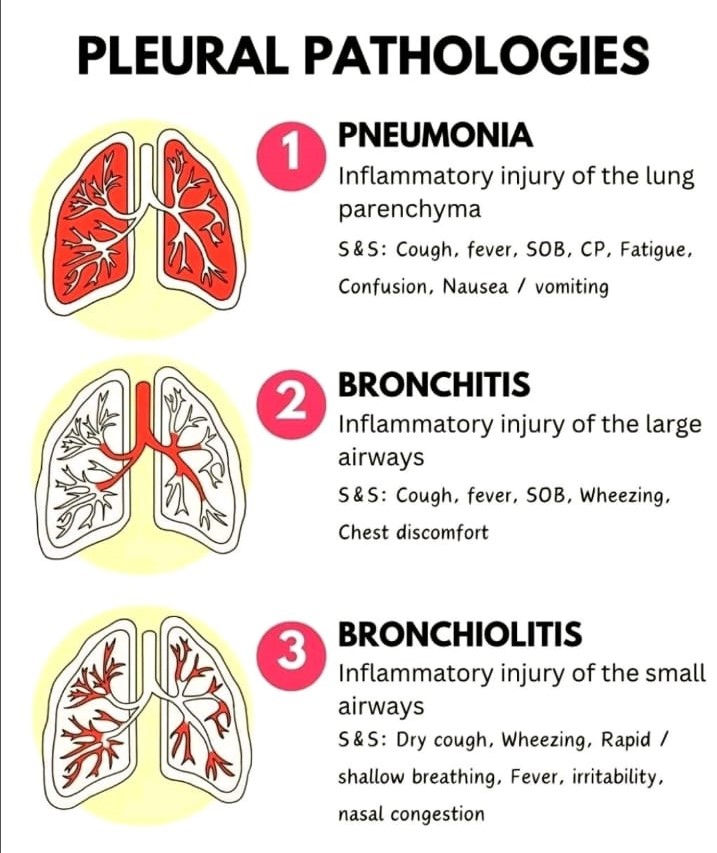🌫️ How Air Quality Affects Your Lung Health
- Global Guest

- Apr 10, 2025
- 2 min read
By Global Health / Pneumology Insights

Why Clean Air Is Essential for Respiratory Wellness
When we think about health, we often focus on food, exercise, and sleep. But there’s something equally vital that many overlook: the air we breathe. Air quality has a direct impact on your lung health — and in today’s world, it’s becoming an increasingly important topic for both adults and children.
🫁 Why Air Quality Matters for Your Lungs
Every time you inhale, you take in more than just oxygen. Depending on your environment, you could also be breathing in pollutants, allergens, dust, smoke, and even chemical toxins. These particles can irritate your airways, trigger inflammation, and over time, contribute to chronic respiratory conditions like asthma, COPD, or bronchitis.
Poor air quality doesn’t just affect those with pre-existing conditions — it can also cause problems in otherwise healthy lungs, especially in children, older adults, and individuals with weakened immune systems.
🌍 Common Sources of Air Pollution
Traffic Emissions (nitrogen dioxide, carbon monoxide)
Industrial Pollutants (sulfur dioxide, chemical fumes)
Indoor Air Pollutants (mold, pet dander, cigarette smoke, cleaning products)
Wildfire Smoke and Seasonal Smog
Pollen and Outdoor Allergens
⚠️ Health Effects of Poor Air Quality
Chronic coughing or wheezing
Shortness of breath or chest tightness
Increased asthma or allergy flare-ups
Greater risk of respiratory infections
Long-term risk of lung damage and reduced lung function
Fatigue and decreased exercise tolerance
🧠 The Brain-Lung Connection
Recent studies also show that long-term exposure to air pollution doesn’t just affect your lungs — it may also influence mental health, cognitive function, and cardiovascular health. The body is deeply interconnected, and lung health is a key part of that system.
🛡️ How to Protect Yourself
✅ Monitor Air Quality
Use apps or websites like AirVisual or your local environmental agency to check daily air quality levels.
✅ Use Air Purifiers at Home
Especially important for people with asthma or allergies, HEPA filters can help reduce indoor pollutants.
✅ Ventilate Properly
Open windows strategically to reduce indoor pollution — preferably when outdoor air quality is good.
✅ Avoid Smoking and Secondhand Smoke
Smoking remains one of the most harmful pollutants for the lungs.
✅ Wear Masks in Polluted Environments
High-quality masks can reduce your exposure on days with high pollution or in occupational settings.
✅ Plants for Clean Air
Certain houseplants may help filter indoor air, though they’re not a complete solution on their own.
🩺 When to See a Lung Specialist
If you experience persistent respiratory symptoms like coughing, wheezing, shortness of breath, or frequent respiratory infections, it’s important to consult a pulmonologist. At Global Health, our online pneumology consultations allow you to speak with qualified specialists from the comfort of home.
📞 Book a Respiratory Health Check Today
Protecting your lungs starts with awareness. Whether you have a diagnosed condition or just want to breathe easier, our specialists are here to help.
👉 Book your online appointment with a pulmonologist at Global Health today.📧 Contact: globalhealth@myglobalhealth.online
💡 Breathe Better. Live Better.
Your lungs work hard for you — every minute of every day. Let’s give them the clean air they deserve.




Comments